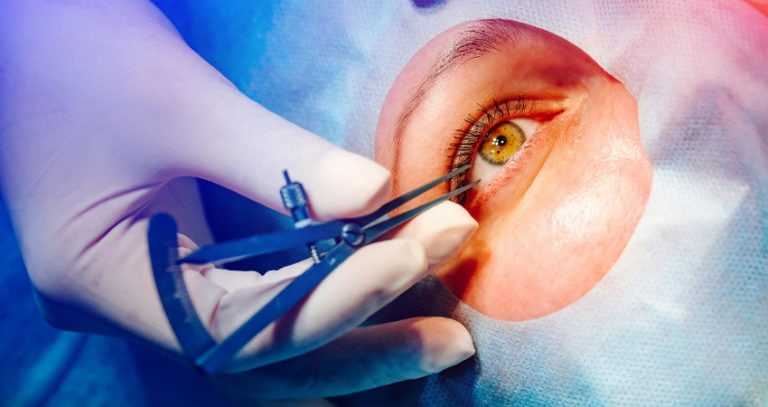A cataract is a medical condition characterized by protein build-up in the eye lens. The protein build-up can compromise your vision as the eye lens becomes cloudy. Cataract surgery is an effective procedure proven to restore vision among people with cataracts. Here’s what to expect if you’re considering cataract surgery:
Table of Contents
Before the Surgery
Your ophthalmologist will likely conduct a pre-assessment before your cataract surgery . The assessment can help them determine the extent of your cataract and plan the surgery accordingly. Your evaluations may include the following:
- An eye examination: The goal is to understand the specifics of your cataracts and identify any other underlying eye conditions that may impact your surgery results.
- A review of your medical history: Your doctor will likely ask about past eye surgeries, existing medical conditions, the medications you’re on, and if you have any allergies. This can help them determine whether to proceed with your surgery and the safety precautions to take.
- An eye measurement: An eye measurement will help your ophthalmologist determine the proper lens implant. This is key to improving your vision after surgery.
- Discuss your anesthesia options: The surgery is typically performed under local anesthesia and sedation. This will help you relax during the procedure.
Your doctor may also advise you to make the following changes for a successful surgery:
- Fasting: You’ll likely be asked to avoid eating several hours before your surgery to avoid complications because of your sedation. Eating before being sedated can cause regurgitation or aspiration.
- Medications: Your doctor may advise you to stop taking certain medications to avoid complications. Blood thinners like aspirin should be avoided as they can cause excessive bleeding.
The doctor may also advise against makeup and contact lenses. Follow their instructions for a smooth surgery.
On Surgery Day
Cataract surgery is an outpatient procedure. You’ll only be in your chosen surgical facility for a few hours. The surgery typically starts with pre-operative preparation. This may include cleaning your eyes, applying eye drops to dilate your pupil, administering sedation to relax you, and local anesthesia to block any pain.
During the surgery, your doctor will replace the clouded lens with an artificial lens to restore your vision. They may then cover the eye with a patch or protective shield to protect it from coming into contact with outside dirt or dust. You may need to keep the patch on for several hours. You also need to arrange for someone to drive you home after your surgery.
After the Surgery
Proper post-operative care is key for a successful recovery. You may need to make several visits to your ophthalmologist after your surgery. During the visits, your doctor will likely measure your eye pressure and test your vision to determine if the surgery was successful. They may also give you the following post-operative care instructions:
- Apply the prescribed eye drops at recommended intervals to prevent infections and promote faster healing.
- Rest your eyes and avoid strenuous activities that could increase eye pressure.
- Wear the patch provided by your doctor as advised to avoid accidental irritation before your eye heals.
Prepare for Cataract Surgery
Cataract surgery may help improve your vision and quality of life. Knowing what to expect before, during, and after your surgery will help you prepare accordingly. Set up an appointment with a skilled ophthalmologist today to achieve better vision.




